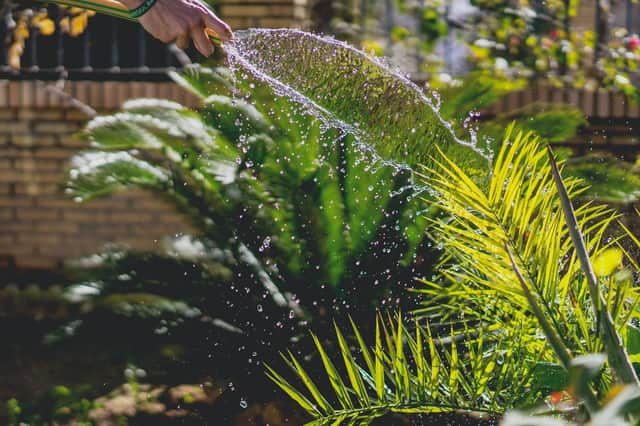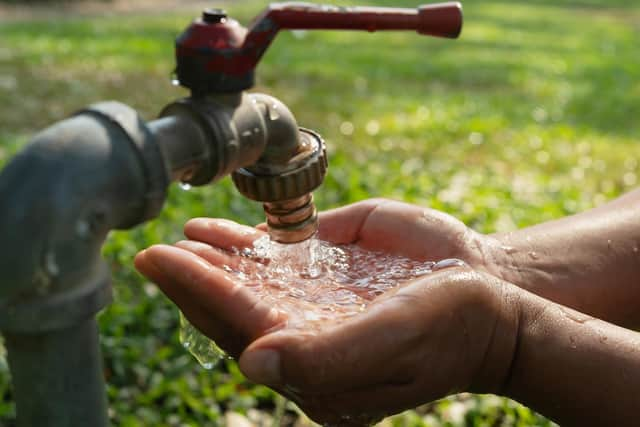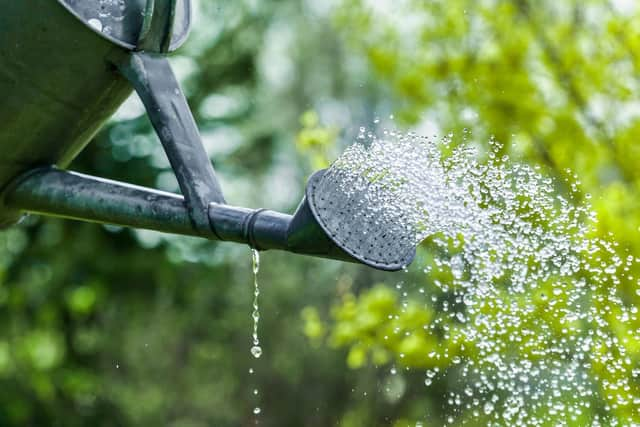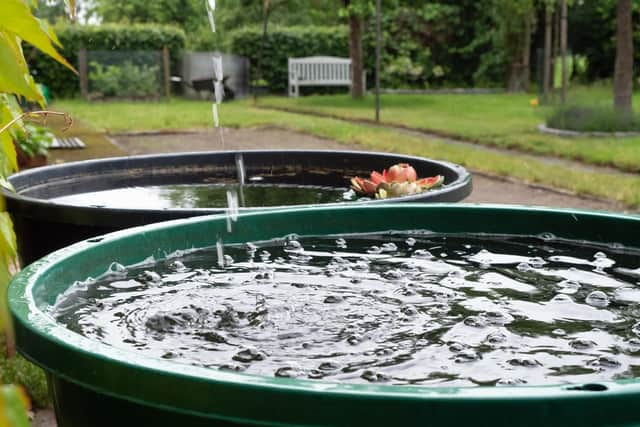Almost half of the UK would consider breaking a hosepipe ban
This article contains affiliate links. We may earn a small commission on items purchased through this article, but that does not affect our editorial judgement.


A survey conducted by Toolstation ( https://www.toolstation.com/landscaping/watering/c691) has revealed that 44 per cent of the UK would consider breaking a hosepipe ban.
For concerned gardeners, the experts at Toolstation have some advice for keeping your garden alive – without breaking the ban.
Advertisement
Hide AdAdvertisement
Hide AdAfter weeks of unusually warm, dry weather, many water companies have announced hosepipe bans. More are set to follow with Yorkshire Water's ban coming into effect on August 26.


To understand how UK homeowners feel about hosepipe bans, Toolstation conducted a survey of 500 UK adults. The results revealed:
A total of 44 per cent of the UK would consider breaking a hosepipe ban – with 16 per cent saying they’d be 'highly likely' to ignore the rules.
Only 25 per cent of the UK were aware the maximum fine for breaking a hosepipe ban is £1,000 - with 67 per cent guessing the fine was £500 or less.
A total of 25 per cent of the UK say they’d be likely to tell on their neighbour if they saw them using their hose during a ban.


Survey of 500 over 16s conducted via OnePulse on 03/08/2022.
The garden watering experts at Toolstation say they do not condone breaking the rules:
“We’d never suggest ignoring a hosepipe ban. Water is a precious resource and at times like this, we all have a part to play in using water economically to protect the environment.”
It’s worth noting that hosepipe bans don’t apply to all:


Advertisement
Hide AdAdvertisement
Hide Ad“Don’t forget there are some exemptions to hosepipe bans. For example, if your lawn has been laid in the past 28 days. You can also water plants in outdoor pots, or ones under a covered structure such as a greenhouse. Most water companies also make an exception for disabled people.”
Toolstation’s experts want to share some alternative methods of watering your garden during a ban:
Water pump
“In many instances, as a property owner, you’re legally allowed to draw water from a nearby river, lake or stream to water your garden. You can check the rules online via the Environment Agency.”
Watering can
“Using a watering can to water your garden. Mix in some plant food and take the opportunity to give your garden a boost of nutrients?”
Grey water
“Domestic wastewater from things like baths, showers and washing machines can be used to water your garden too. Household soaps and detergents won’t harm your plants, but you’ll want to avoid water containing stronger cleaning products like bleach and dishwasher salt.”
Water butts
“Water butts are an affordable way to store rainwater for use in drier parts of the year. Even in dry areas of the UK, RHS estimate 150 water butts full of perfectly clean rainwater could be collected from each roof every year! If you’re looking to save time, a water butt pump is a great idea - they can be easily installed inside a water butt and connected to your existing hose.”
But we shouldn’t panic about keeping our gardens watered, say Toolstation’s gardening pros:
“Don’t be overly concerned about watering your garden in summer months. Of course, plants do need water to survive but healthy soil can hold moisture for long periods.”